You have not yet added any article to your bookmarks!

Join 10k+ people to get notified about new posts, news and tips.
Do not worry we don't spam!
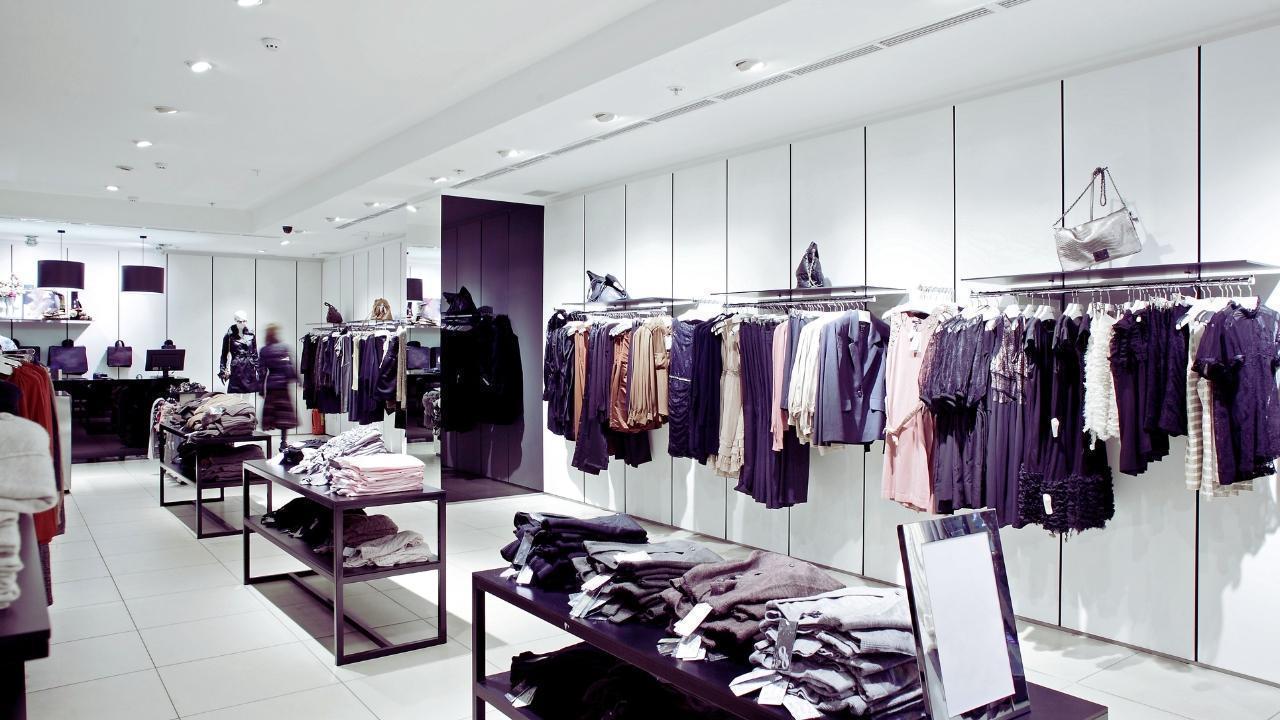
Post by : Anis Farhan
For decades, luxury in Asia meant prestige labels, international designer names, and unmistakable symbols of wealth — from monogrammed handbags to luxury sedans. But the 2020s have ushered in a more mindful consumer, particularly among millennials and Gen Z, who are less concerned with logos and more interested in what a brand stands for.
Across Asia’s bustling cities and emerging markets, a quiet transformation is underway. Consumers are starting to ask deeper questions: Where was this made? Was it ethically sourced? Is the brand doing anything meaningful for society or the planet? The answers to these questions are increasingly influencing buying behavior, even in traditionally status-driven economies like China, India, and Thailand.
What we're witnessing is the rise of purpose-driven luxury — a movement where brands rooted in ethics, sustainability, culture, and storytelling are thriving.
Asia is home to some of the youngest luxury buyers in the world. In China, the average age of a luxury consumer is just 28. In India and Indonesia, newly affluent consumers are entering the market with a digital-first mindset, exposed to global issues like climate change, inequality, and social justice through social media.
For these buyers, luxury isn't just about owning something expensive — it's about expressing identity and values. A high-end item that is handmade by local artisans, supports marginalized communities, or uses upcycled materials carries more emotional weight than a status symbol rooted only in price or prestige.
This changing mindset has forced even traditional luxury brands to rethink their strategies. Legacy names are now highlighting their craftsmanship, community projects, and low-carbon operations — not just their heritage or celebrity ambassadors.
In markets like Singapore, South Korea, and Japan, eco-consciousness is becoming aspirational. Consumers are drawn to products that are organic, vegan, carbon-neutral, or plastic-free. Luxury buyers now see sustainable choices as signs of intelligence and modernity.
Local brands are capitalizing on this trend. In Thailand, the luxury wellness brand Divana uses native herbs and employs rural women in its supply chain. In India, Ka-Sha is making waves by combining zero-waste fashion with traditional textile techniques. Across Southeast Asia, fashion startups are turning agricultural waste like pineapple leaves and banana fibers into high-end clothing and accessories.
Luxury is no longer just about how rare or expensive a product is — it’s also about how responsibly it was made.
Asian consumers are also reconnecting with their roots. Brands that tell a compelling cultural story are resonating more deeply, especially when they emphasize authenticity over appropriation.
In Vietnam, brands like Metiseko are redefining luxury by creating silk garments inspired by Vietnamese heritage using ethical production methods. In Malaysia, Batik Boutique is blending traditional batik art with modern fashion, empowering artisan communities along the way.
Even global luxury names are adapting. Dior and Gucci have launched Asia-specific collections that celebrate local art and design — a clear sign that cultural relevance is becoming core to premium positioning.
For younger Asian consumers, luxury means wearing their heritage with pride, not simply adopting Western aesthetics.
Contrary to the assumption that ethical practices are bad for the bottom line, many purpose-driven brands in Asia are actually outperforming traditional competitors. Consumers are showing willingness to pay a premium when they feel their purchase has a positive impact — whether environmental, social, or cultural.
A 2024 report by McKinsey revealed that Asian consumers are 1.7 times more likely to support brands with a clear ethical stance. This includes paying more for recycled materials, supporting local producers, and choosing brands with diversity and inclusion policies.
Platforms like Tata CLiQ Luxury in India and ZALORA in Southeast Asia are curating eco-conscious collections and using storytelling to connect shoppers with the ethos behind each product. These platforms report higher engagement and lower return rates on purpose-driven collections — proof that values foster brand loyalty.
The purpose-driven luxury wave isn't limited to products — it's reshaping hospitality and experiences too. Across Asia, high-end resorts, travel companies, and wellness brands are integrating community support, environmental conservation, and cultural preservation into their offerings.
In Indonesia, luxury eco-resorts like Bawah Reserve focus on marine conservation, zero-waste operations, and partnerships with local schools. In Bhutan, tourism is built around the philosophy of Gross National Happiness, with premium packages that contribute to forest protection and rural employment.
Even luxury beauty brands are transforming spas and skincare lines with ethical sourcing, cruelty-free practices, and community-based production. For travelers and wellness seekers, indulgence now means leaving a positive footprint.
The face of luxury is also changing. Instead of flashy influencers flaunting their lifestyles, purpose-driven brands are turning to impact influencers — activists, environmentalists, artisans, and educators who embody their values.
In South Korea, sustainable fashion brand Re;code collaborates with upcyclers and social entrepreneurs to create and promote collections. In the Philippines, beauty brand Human Nature engages teachers, community organizers, and farmers as ambassadors to highlight their mission.
For younger audiences, authenticity is everything. A polished, filtered image is less persuasive than a genuine story of change and impact.
Even corporate gifting and B2B luxury are going ethical. Asian companies are increasingly choosing purpose-led brands for executive gifts, employee incentives, and premium client tokens. Whether it’s handcrafted journals from recycled paper or artisanal teas from women-run farms, the message is clear: we care, and we choose to show it in what we gift.
This shift is not just trend-driven. With ESG (Environmental, Social, Governance) reporting becoming mandatory in many sectors, businesses are aligning their supply chains and marketing strategies with their sustainability goals. Luxury brands that can offer measurable impact metrics are finding new revenue streams from enterprise clients.
As purpose becomes profitable, the risk of greenwashing also rises. Some luxury brands may overstate their ethics without making systemic changes. Asian consumers are becoming more discerning — they demand transparency, traceability, and honesty.
This puts pressure on brands to prove their claims with third-party certifications, verified sourcing, and honest communication. Those who fail to do so may face backlash, particularly in markets with a vocal online audience.
For the purpose-driven luxury trend to sustain, authenticity must remain non-negotiable.
Purpose-driven luxury in Asia is more than just a branding exercise — it reflects a broader societal evolution. Consumers are no longer impressed solely by price tags or exclusivity. They want meaning, alignment, and value in how and where they spend their money.
This shift is transforming supply chains, redefining brand narratives, and rewriting what success looks like in the luxury sector. In the end, the true measure of luxury may not be what you buy — but what your purchase stands for.
This article is intended for informational purposes and reflects market observations and consumer behavior trends across Asia. The brands, platforms, and organizations mentioned are used for editorial illustration and do not represent endorsements by Newsible Asia. Readers are encouraged to verify product and company claims through official sources before making purchase or investment decisions.

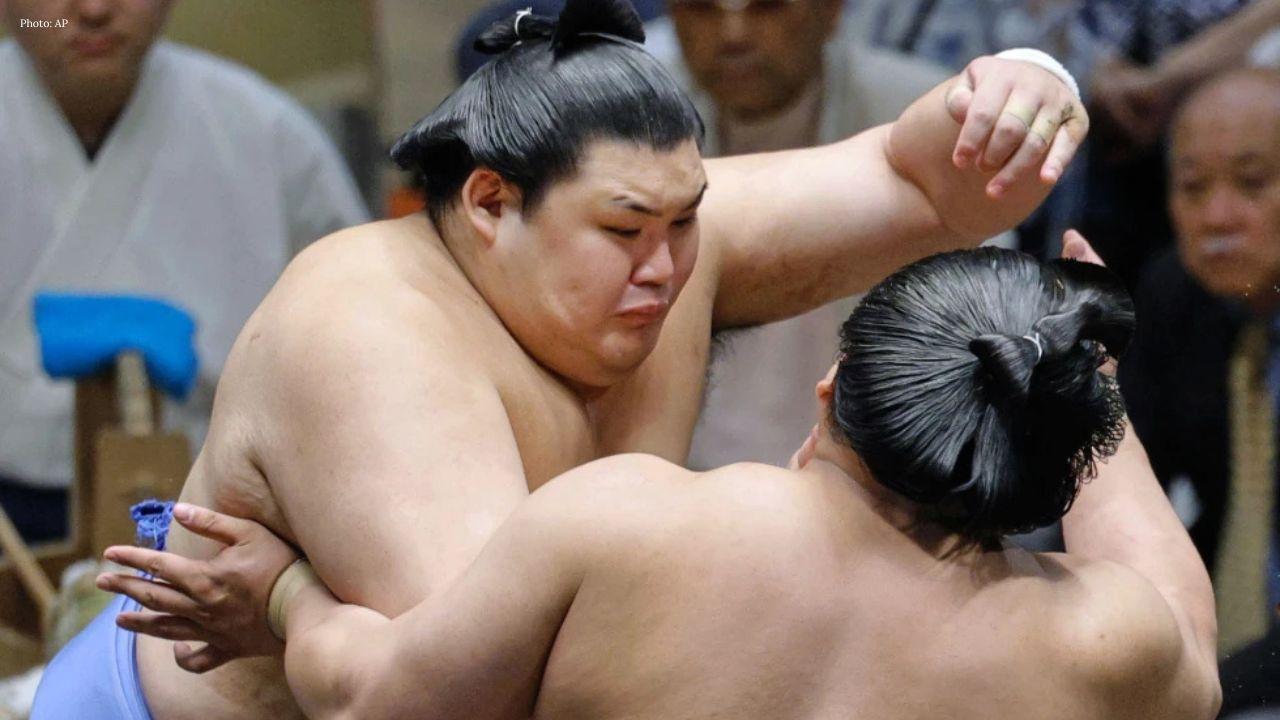

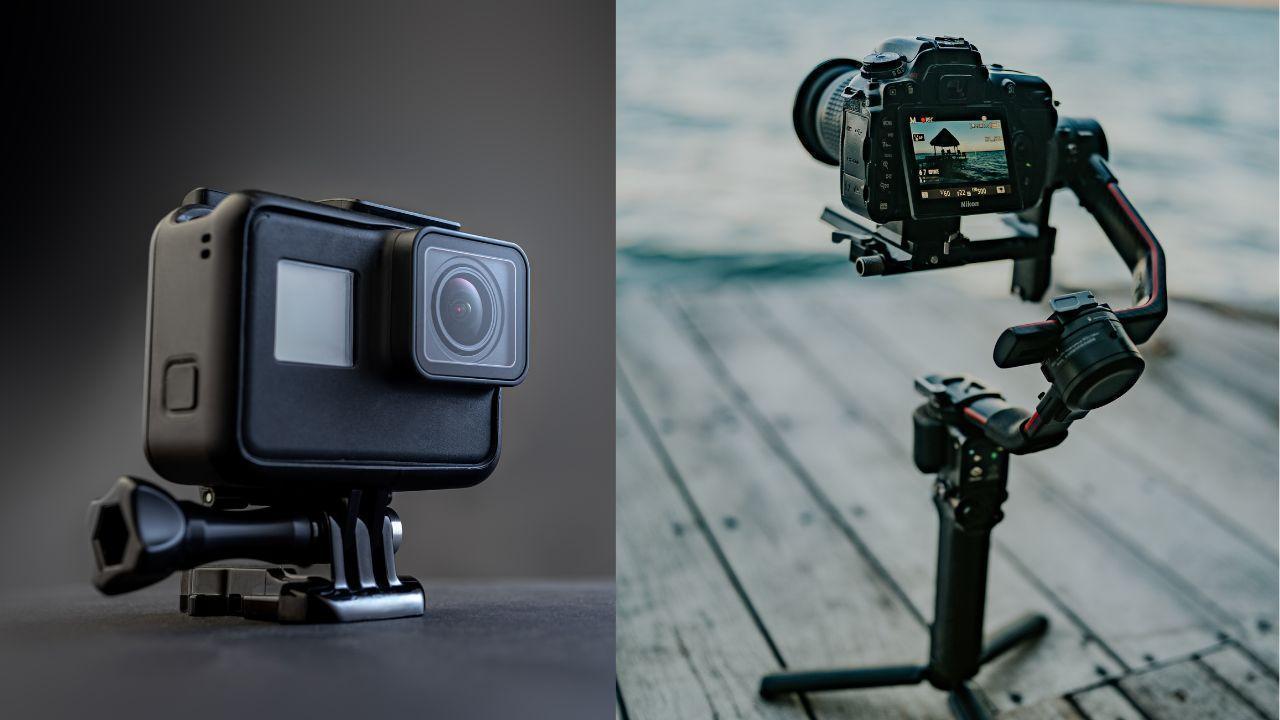

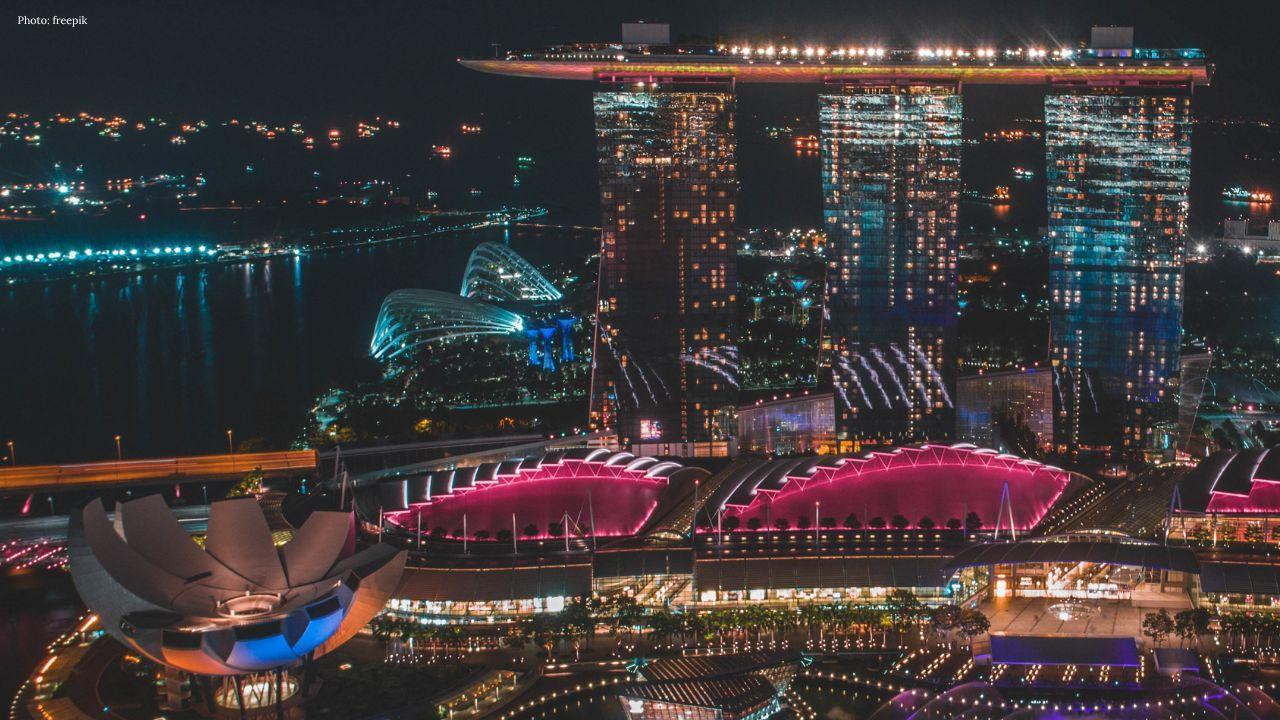




Sumo Rocked by New Bullying Scandal as Terunofuji Admits Abuse
Retired grand champion turned stablemaster reports himself to authorities for violent conduct toward

Son of Oil Tycoon Riza Chalid Sentenced to 15 Years in $17 Billion Corruption Scandal
Jakarta Corruption Court convicts Muhammad Kerry Adrianto Riza in high‑profile Pertamina graft case

Marina Bay to Celebrate Disney Adventure With Fireworks & Fun
UOB Marina Bay Sands & Singapore Tourism Board join Disney Cruise Line for a 2-month nautical celebr

Rashmika Mandanna and Vijay Deverakonda Tie the Knot in Grand Udaipur Wedding
The beloved actors celebrated their Telugu and Kodava heritage with traditional ceremonies at ITC Me
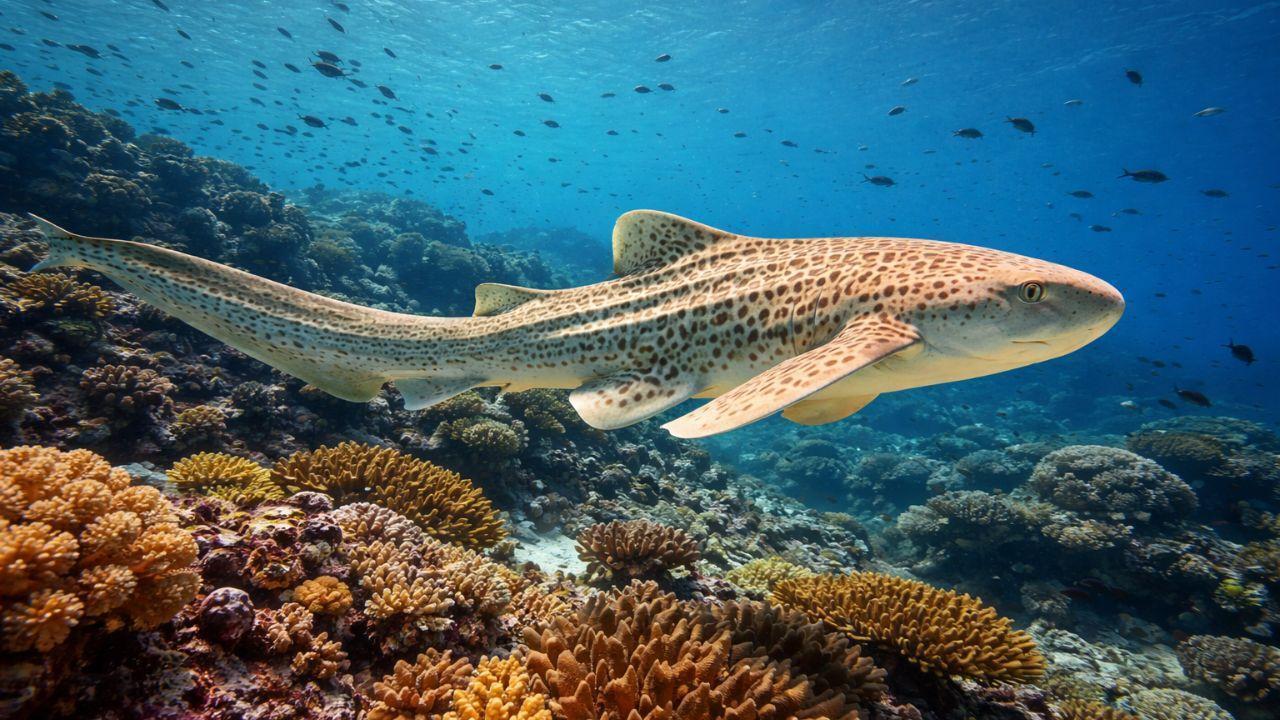
Raja Ampat Welcomes Back Endangered Zebra Sharks
Scientific collaboration and community education drive rare species repopulation in the Coral Triang

Tomorrowland Thailand Set for Full‑Scale Asian Debut in December 2026
Thailand to host world‑renowned electronic music festival in Pattaya, expected to draw tens of thous